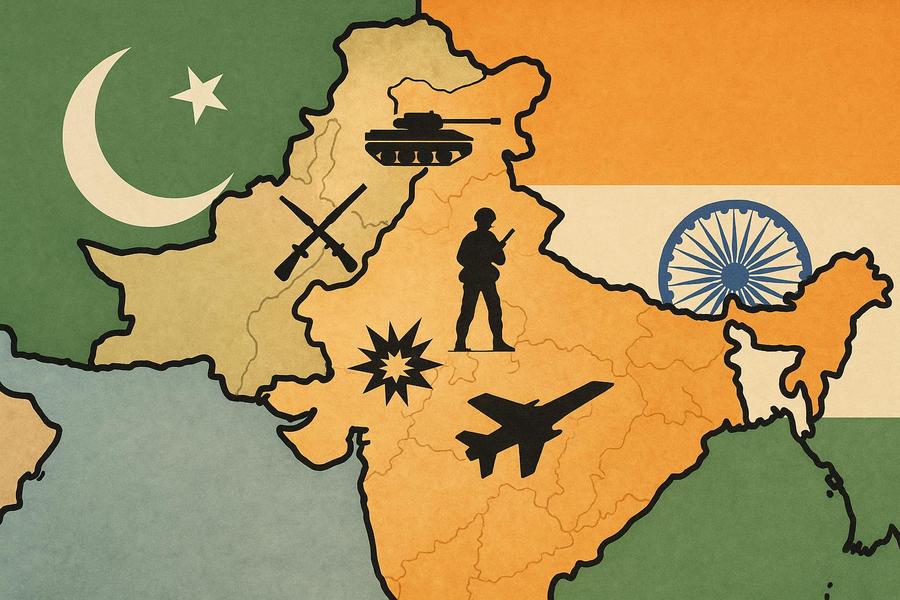The bloody legacy of the 1947 Partition continues to cast a long shadow over South Asia, with the first India-Pakistan war establishing a bitter pattern of conflict that has defined the region for more than seven decades.
Kashmir: The Flashpoint That Sparked Decades of Conflict
When British India split into two independent nations in August 1947, it set the stage for what would become one of the world’s most enduring geopolitical rivalries. The partition created a predominantly Hindu India and Muslim-majority Pakistan, but the princely state of Kashmir — with its Muslim-majority population ruled by a Hindu Maharaja — became an immediate point of contention that erupted into armed conflict within months.
The first India-Pakistan war began in October 1947 when tribal militias backed by Pakistan invaded Kashmir after its ruler, Maharaja Hari Singh, hesitated to join either newly formed nation. Facing the advancing forces, Singh signed the Instrument of Accession to India, formally requesting military assistance. Indian troops airlifted into the region soon engaged in fierce combat with the Pakistani-supported fighters.
What started as a tribal incursion quickly escalated into the first formal conflict between the two nascent states. The fighting continued until January 1949, when a UN-brokered ceasefire established the Line of Control (LoC) that still divides Kashmir today between Indian- and Pakistani-administered territories.
Four Wars and Counting
How many times have these nuclear-armed neighbors gone to war? Since that first conflict in 1947, India and Pakistan have fought three additional major wars, with Kashmir remaining the central flashpoint for most of these confrontations.
The 1965 war featured some of the largest tank battles since World War II, as Pakistani forces attempted to seize control of Kashmir through Operation Gibraltar. The conflict ended in stalemate after both the United States and Soviet Union intervened diplomatically, leading to the Tashkent Declaration that restored pre-war boundaries.
Perhaps the most consequential of these conflicts was the 1971 war, which had less to do with Kashmir and more with India’s intervention in East Pakistan’s struggle for independence. The brief but decisive conflict resulted in Pakistan’s surrender and the birth of Bangladesh as a new nation.
“The seeds of these conflicts were sown during Partition itself,” says historian Yasmin Khan, author of “The Great Partition.” “The hasty boundary-drawing process left unresolved questions that continue to haunt the region today.”
A Legacy of Division
The first Kashmir war established more than just a territorial division; it created a template for future conflicts. The Line of Control drawn after the 1947-48 war remains one of the world’s most heavily militarized borders, with frequent skirmishes and artillery exchanges.
For Kashmir’s population, caught between competing nationalisms, the human cost has been immense. Tens of thousands have died in the decades of conflict, with both conventional wars and a long-running insurgency taking their toll on civilian life.
That first conflict established more than battle lines — it created narratives that continue to define how each country views itself and its neighbor. For India, Kashmir represents the secular, multi-religious vision of the nation; for Pakistan, it symbolizes the unfinished business of Partition and the rights of South Asia’s Muslims.
The war’s unresolved status continues to complicate regional politics. Despite occasional peace initiatives and ceasefires, the Line of Control remains a flashpoint where tensions can quickly escalate to dangerous levels between two nuclear-armed states.
Seventy-five years after that first conflict began, Kashmir remains divided — a living reminder of Partition’s painful legacy and the unfinished business of 1947.


